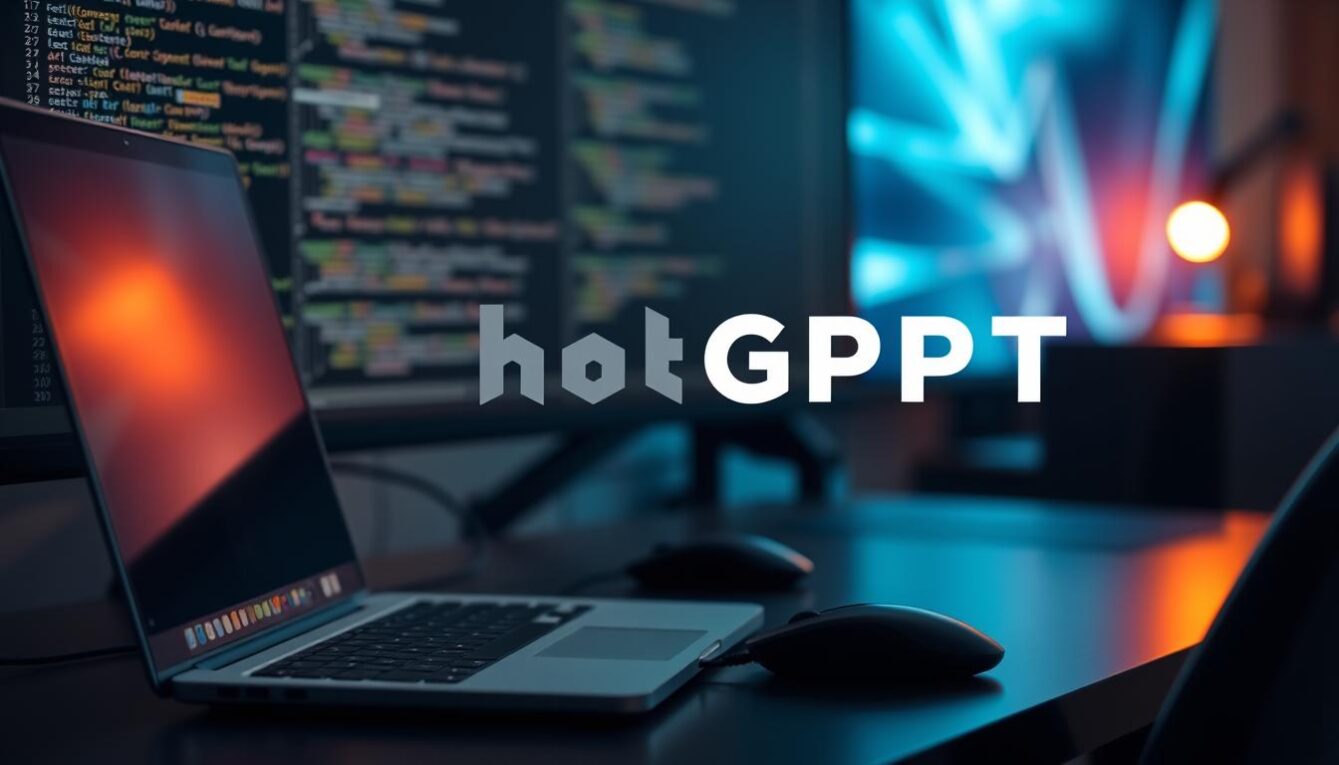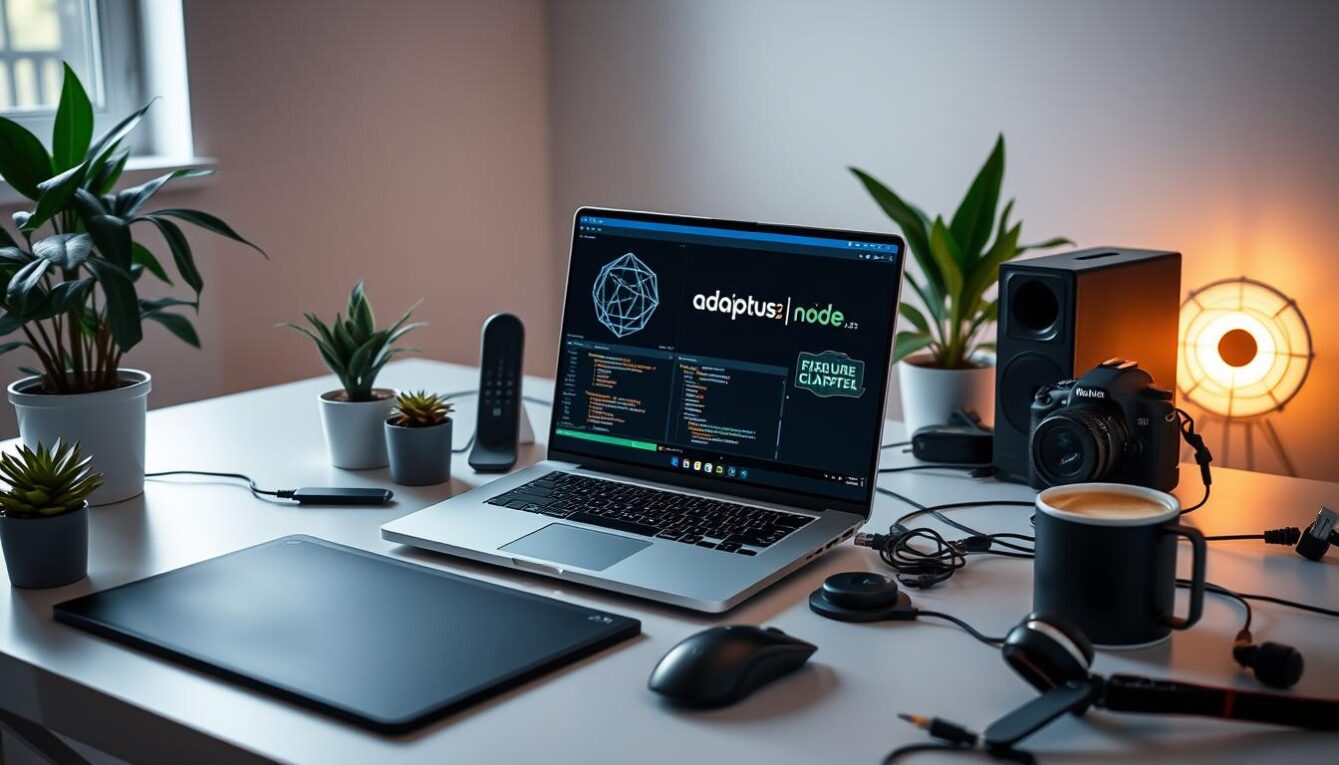Streamlining your development process is crucial in today’s fast-paced business environment. One of the critical factors in ensuring a smooth and efficient development process is utilizing continuous integration (CI) tools. These tools help automate the build and testing processes, saving time, reducing errors, and increasing overall efficiency. This article will discuss the top 10 best continuous integration tools that can help streamline your development process and ensure maximum productivity.
Jenkins
Jenkins is a widely-used open-source tool popular among developers due to its extensive plugin support, making it highly customizable. It supports various programming languages and platforms and can be easily integrated with other tools such as GitHub and Docker.
Travis CI
Travis CI is another popular open-source continuous integration tool that is particularly well-suited for GitHub projects. It is easy to set up and provides automatic builds and tests for your code whenever changes are made. Travis CI also offers a cloud-based solution, beneficial for remote teams.
Circle CI
CircleCI is a cloud-based continuous integration tool offering free and paid plans. It supports many programming languages and integrates with popular development tools like GitHub and Bitbucket. CircleCI also offers advanced features such as parallel testing and deployment workflows.
GitLab CI/CD
GitLab CI/CD is a continuous integration and delivery tool fully integrated with GitLab, a popular code collaboration platform. It offers various features like parallel testing, deployment monitoring, and automatic rollbacks. GitLab CI/CD is particularly well-suited for teams using GitLab for code collaboration.
Bamboo
Bamboo is a continuous integration and deployment tool part of the Atlassian suite of development tools. It offers seamless integration with other Atlassian tools, such as Jira and Bitbucket, and provides many features like parallel testing, deployment automation, and release management.
TeamCity
TeamCity is a continuous integration and deployment tool well-suited for large and complex projects. It supports various programming languages and platforms and provides advanced features such as build chaining, parallel testing, and build artifact management.
Codeship
Codeship is a cloud-based continuous integration and delivery tool that offers a range of plans for teams of all sizes. It supports various programming languages and integrates with popular development tools like GitHub and Bitbucket. Codeship also offers advanced features such as parallel testing and deployment workflows.
GoCD
GoCD is an open-source continuous delivery tool well-suited for large and complex projects. It provides advanced features like parallel testing, deployment automation, and version control integration. GoCD also supports a wide range of programming languages and platforms.
Buddy
Buddy is a cloud-based continuous integration and delivery tool that offers a range of features such as parallel testing, deployment automation, and release management. It supports many programming languages and integrates with popular development tools like GitHub and Bitbucket.
Azure DevOps
Azure DevOps is a cloud-based continuous integration and delivery tool well-suited for teams that use Microsoft tools such as Visual Studio and Azure. It provides advanced features such as build artifact management, release automation, and application insights. Azure DevOps also supports a wide range of programming languages and platforms.
In conclusion, continuous integration tools are crucial in streamlining the development process and ensuring maximum productivity. The above-mentioned tools are some of the best on the market and offer a wide range of features and functionalities that can help you save time, reduce errors, and increase efficiency. So, if you’re looking to streamline
By Louis M.
About the author – My LinkedIn profile










